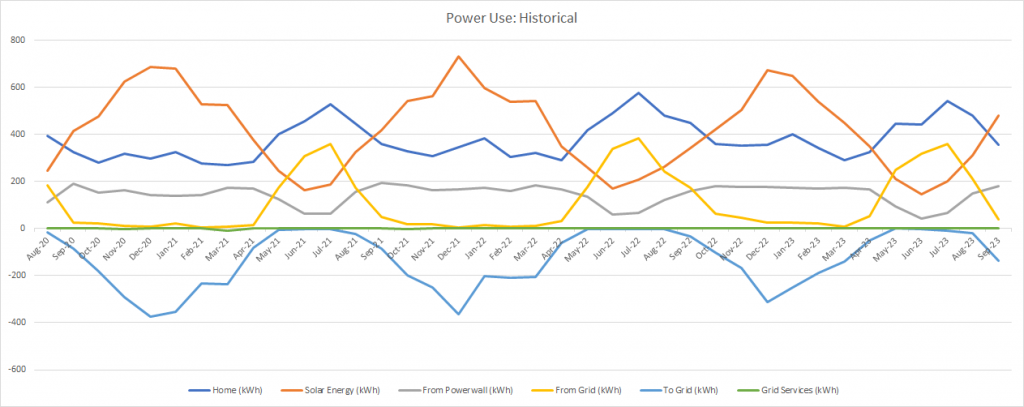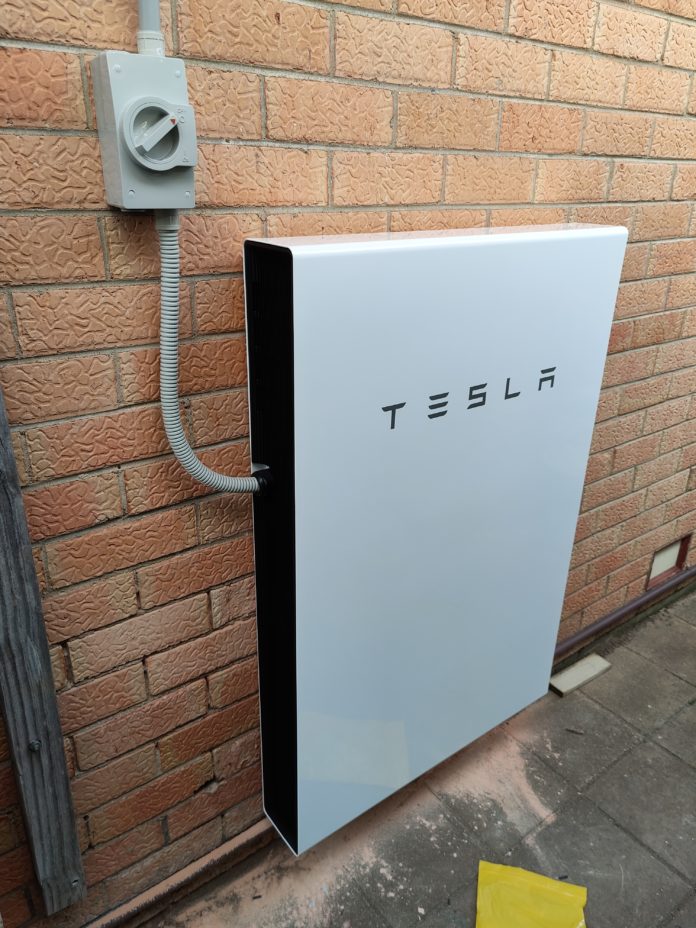Recently I’ve seen a lot on social media about solar systems, batteries and their benefits, or more frequently, their perceived lack of. In South Australia, we’ve seen a significant spike in power costs and that’s meant that houses that previously were getting negligible or no power bills are now getting them and other families are seeing large bills…
What’s the problem?
Putting it mildly, the cost of everything is going up and getting a surprise $1,500.00 power bill in the post is getting some people right to their breaking point.
I honestly feel for everyone in this situation right now, I’ve seen the largest bill we’ve had in many years this quarter and our power use hasn’t been over the top. That all got me thinking and I’ve put together a bit of a thought package for everyone to hopefully help understand the situation better, how to minimise your bill and the benefits of having solar, a battery or both.
Is solar the solution?
Yes, and no…
For a family who is not home during the day, not using power and feeding all of their solar generation back to the grid, it feels like you should be “making” money from this. The short and depressing response to that is you won’t!
Most power plans in SA at least, are giving you somewhere between 7 and 15 cents per kWh you feed back to the grid. You’re then getting charged a lot more, in the range of 40 cents for every single one that you draw from the grid to power your home in the evening when everyone is home and using power-hungry appliances like
- Heating or cooling
- Ovens
- Computers
- Kids who don’t know how to TURN THE F*%&^NG LIGHTS OFF…
It all adds up quickly. And for every three kWh you have fed back to the grid during the day, you only need to draw (for the sake of round figures and taking into account the daily access charge) one to offset that in terms of cost.
This is where a solar battery adds to the value, rather than feedback to the grid at 10c per kWh, then draw from the grid at 40 cents, a net cost of 30 cents per kWh; you’re storing that energy, meaning you “save” 30 cents for every kWh you store then use from your battery.
What about families that are home
Very similar applies; however, you’re best off using your solar power when it’s generating for the same reason. If you feed back to the grid, you get a lot less for the power than you pay if you’re using power from the grid.
So if you’re home, run your washing machine, dishwasher and anything else power hungry that you need to during the day when your solar is generating power. Other items that can wait, until — depending on the power plan you have — offpeak or shoulder times will cost you less to run.
The trick is — wherever possible — to run your high power use appliances either when your power supply is cheapest, or, ideally from the sun and “free”.

I’ve been tracking our power use for years, and what I see (hopefully useful to others) is that:
– Sometime around September our solar (4.5kW array) produces more power than our home uses for the month
– This is also when we start seeing genuine financial benefits from our solar battery as it fills during the day.
– As a result, from September through to around March or April, our power usage from the grid is negligible
– Power use from the grid (solar decrease) goes from April, peaks in July for heating, then subsides.
– The solar battery also means that if the neighbourhood loses power, we don’t… We sometimes only know because the lights momentarily flicker, and — if we notice — the app sends a notification.
Remember, even if you don’t draw anything from the grid, for a 90-day period you’ll end up with a $72.00 bill, just for being able to get power to your home. You’ve also got every right to shop around for a better deal, and that could be hugely beneficial to you depending on your power usage patterns.
There are a number of ways to minimise your power bill, but the sad reality is that we’re going to see continued price increases on everything. Unless you’ve got a lot of north facing (maximum sun exposure) roof space, the money to buy a big solar system and a couple of solar storage batteries then the days of even having the potential to make money from solar are all but gone. The best you’re going to manage is to make a dent in the bill, but don’t discount the value that your solar has, just because you’re now, or still getting a bill; your investment will have made a difference.



